When Science Makes Politics and Vice Versa
Evidence-based policymaking: fantasy, marketing slogan or reality? Its strict embodiment may not be found anywhere, but its variations are absolutely everywhere.
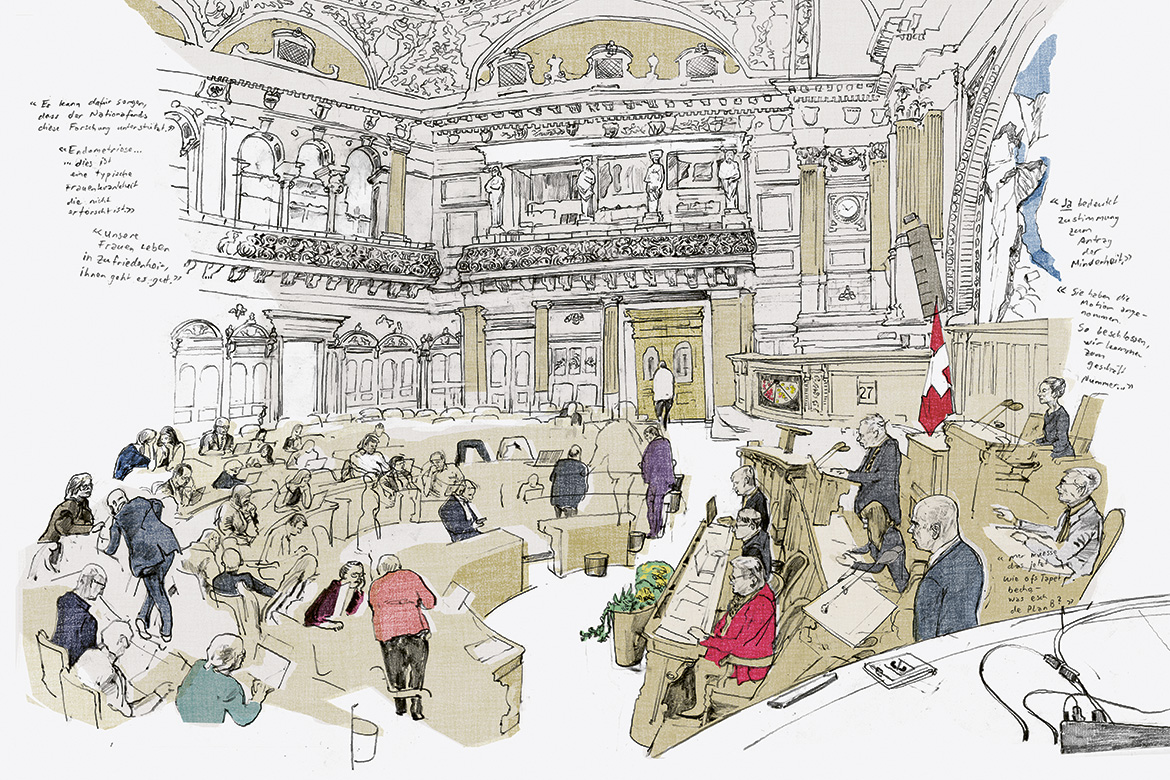
Send us a link
Evidence-based policymaking: fantasy, marketing slogan or reality? Its strict embodiment may not be found anywhere, but its variations are absolutely everywhere.

Likely Republican control of the House presages fiery hearings attacking Biden, but also gridlock
The UK's Chief Scientific Advisor says every government department needs to take science into consideration and invest more in R&D.
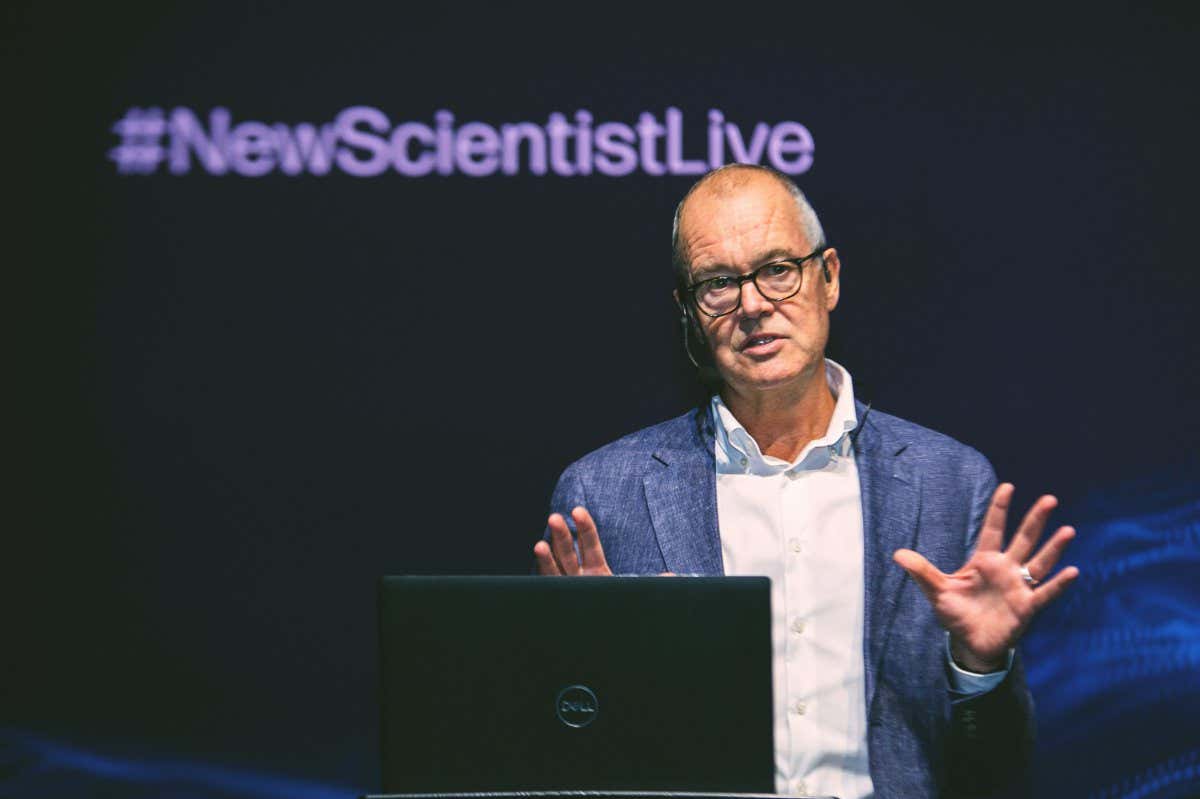
An ongoing narrative seeks to shift the blame away from the government for mismanagement of the pandemic, by depicting it as beholden to all-powerful scientists.

Researchers fear further cuts to funding and a lack of action on climate.
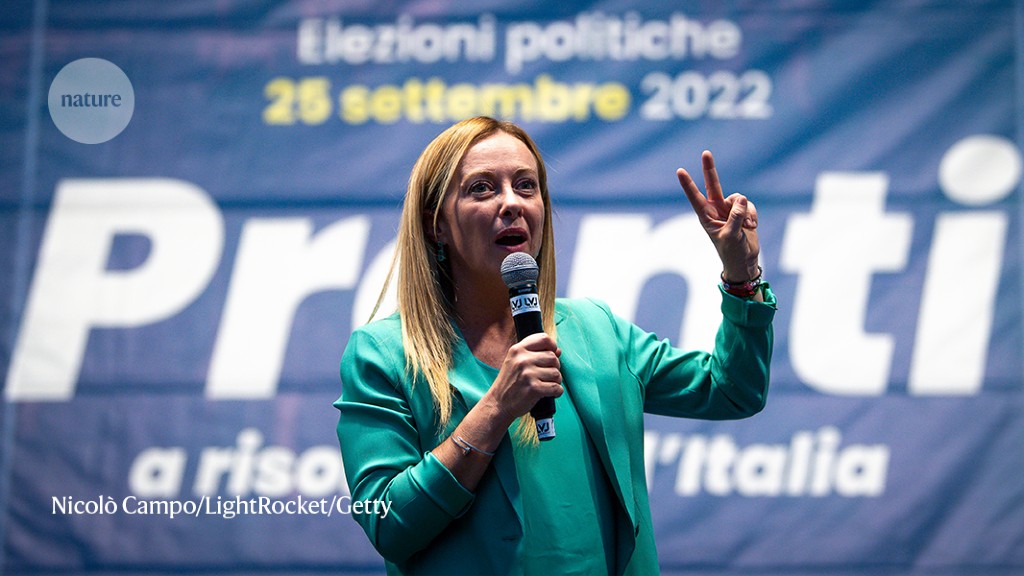
New Prime Minister Liz Truss has yet to appoint someone to oversee research, and her economic policy has sparked a currency crisis.
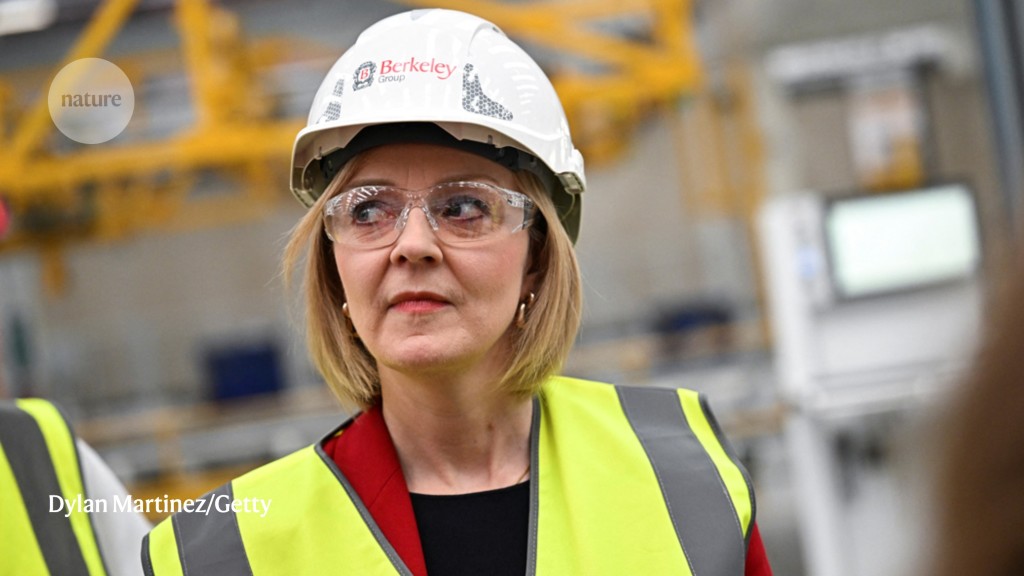
The number of cabinet committees has been slimmed down from 20 to just six, with the National Science and Technology Council among those abolished.
A new ultraconservative supermajority on the United States' top court is undermining science's role in informing public policy. Scholars fear the results could be disastrous for public health, justice and democracy itself.
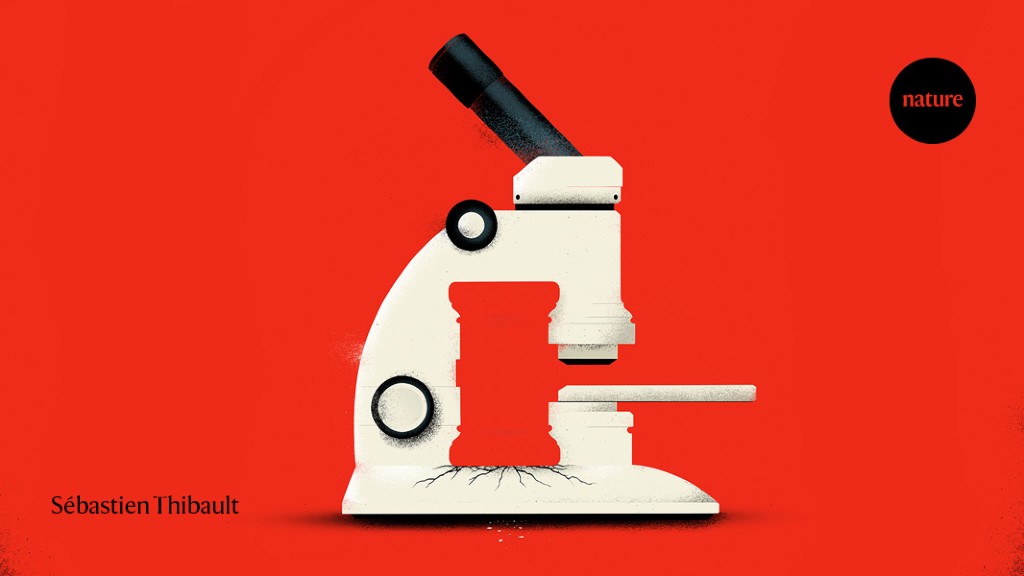
The OSTP is without a leader in the wake of a scandal. It's time for the White House to think about getting a new kind of director.

Politicians are novices by design, so tailoring your communications with them gives you the best chance of cutting through.
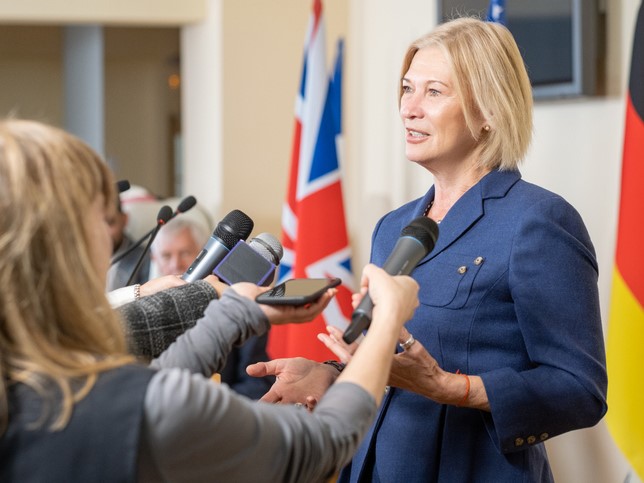
The Covid-19 pandemic has underlined the importance of scientific advice to modern policymaking. But how can the use of expertise in politics be aligned with the needs and values of the public?
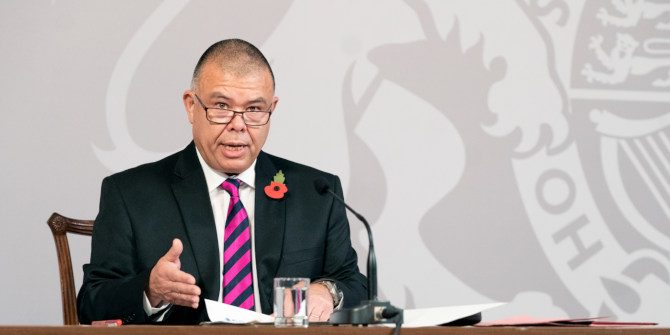
Too many national leaders get good guidance yet make poor decisions.
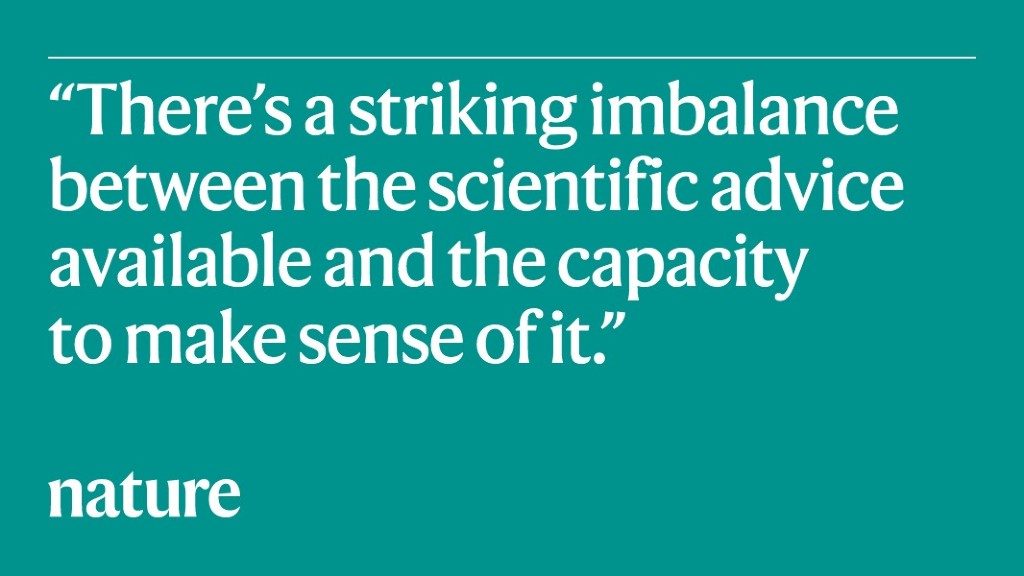
The decision to appoint a board of advisors is welcome - and urgent, given the twin challenges of COVID and climate change.

Concerns about a "new Cold War" over science and technology are a major reason behind the creation of a new think tank that looks out for future advances and development.

International agencies need the mandate, funds and expertise to connect information - otherwise pandemics, hunger and unsustainability will go unsolved.
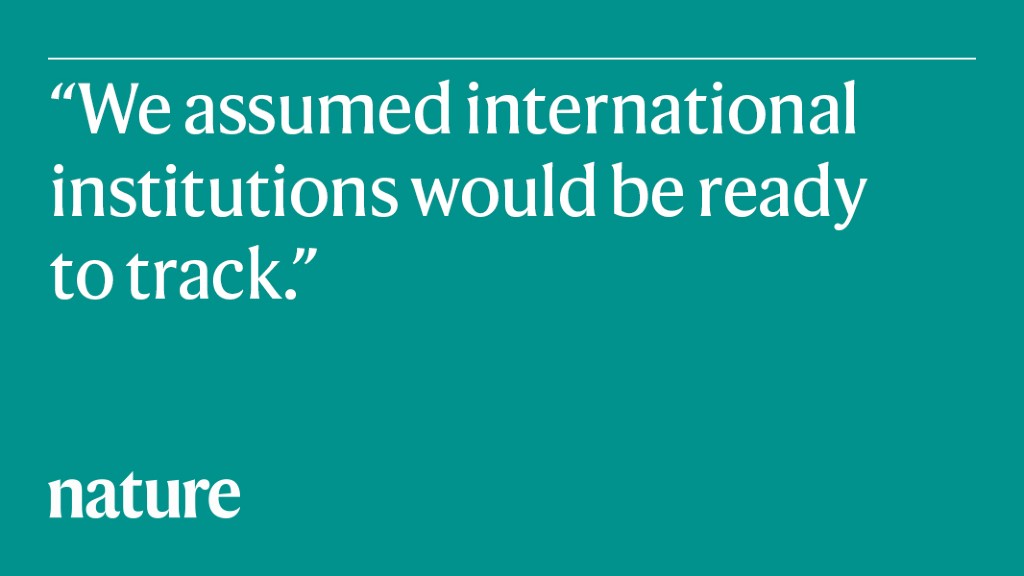
When it comes to science advice infrastructure, Europe is far from a unified whole. That’s why the European Commission’s science service, the Joint Research Centre, set out to map the entire landscape, looking not only at European and national level but also digging into the way science influences policy within regions and even individual cities.
The largest-ever independent gathering of interest groups, thought-leaders, science advisors to governments and global institutions, researchers, academics, communicators and diplomats is taking place in Montreal and online.

Whatever Biden review finds, the cause of the pandemic lies in the destruction of animal habitats.
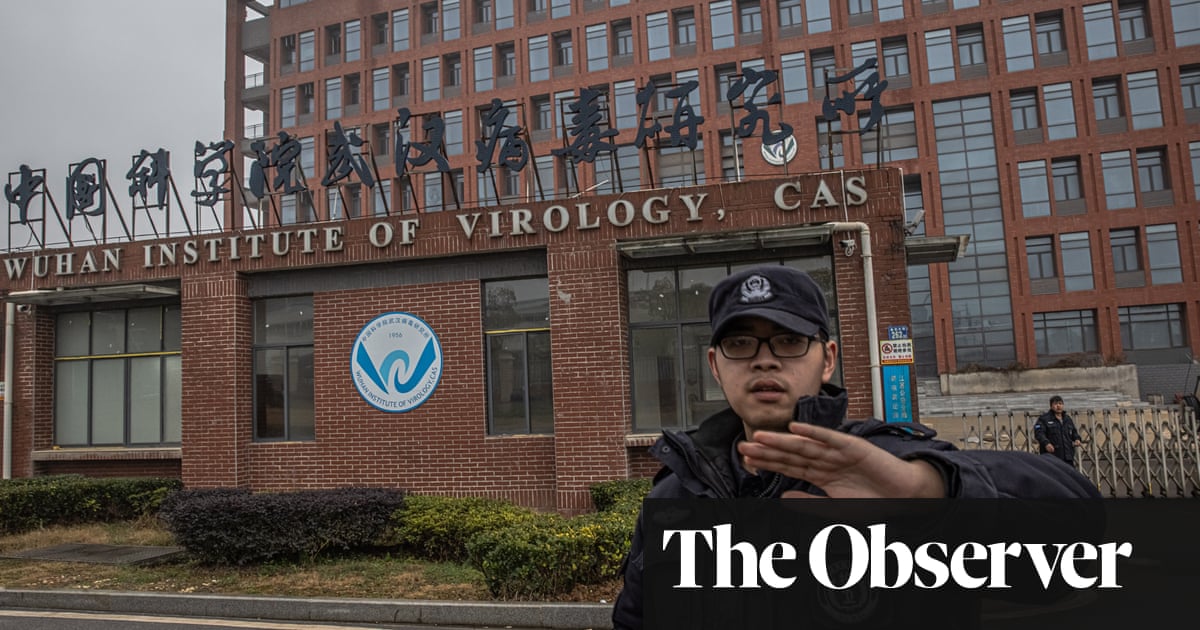
How to facilitate the use of science as a key element of the policy-making process.
John Ioannidis is a highly influential scientist whom we at SBM have lauded on many an occasion. Since the pandemic, though, he's downplayed the dangers of COVID-19. What the happened to him?
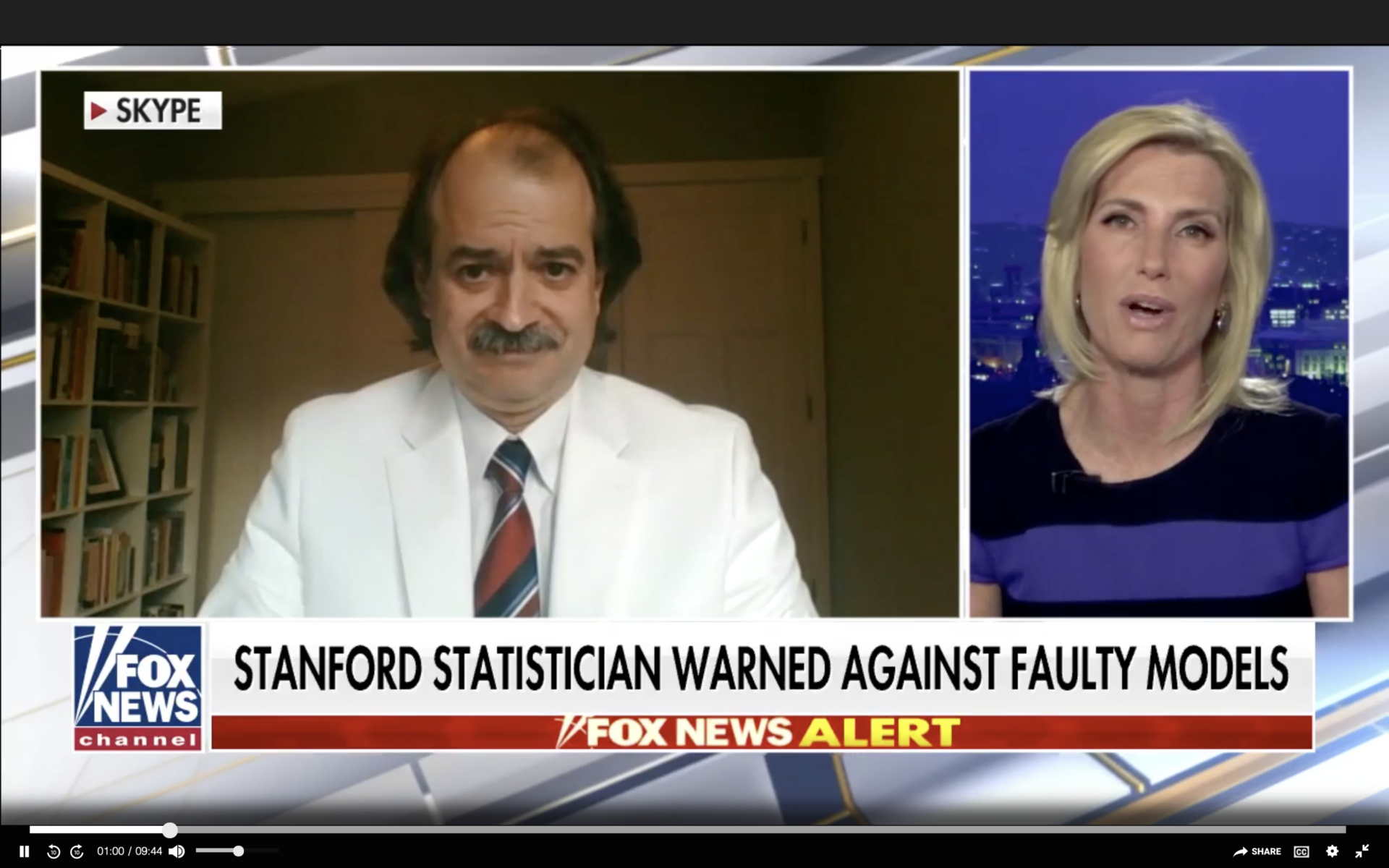
New body will foster evidence-informed decision-making and awareness programmes for the public
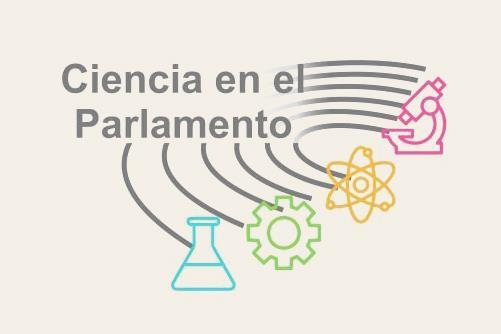
Coronavirus has shown how good science should be embedded in all big political decisions.

Indonesia has dismantled its science ministry and created an overarching national research agency, a move some scientists worry will strengthen political control over research in a country where academic freedom is already under pressure and politics have taken an authoritarian turn.
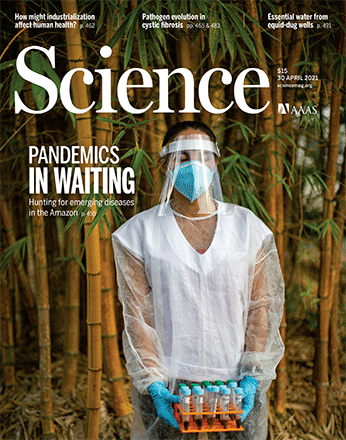
Governments that ignore or delay acting on scientific advice are missing out on a crucial opportunity to control the pandemic.
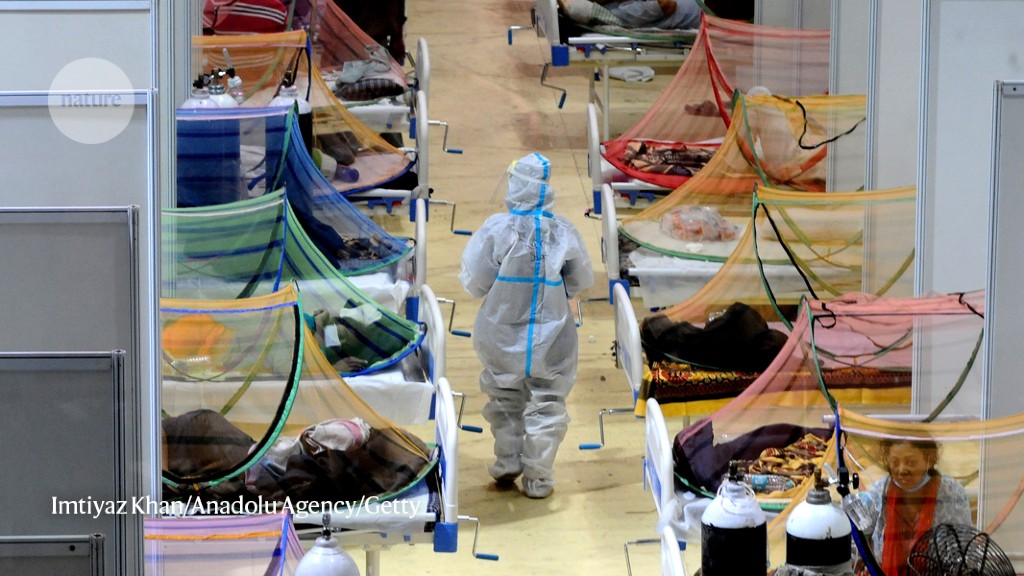
The Senate is considering Eric S. Lander's nomination after months of delay. Some experts ask if an adviser can actually have an impact.
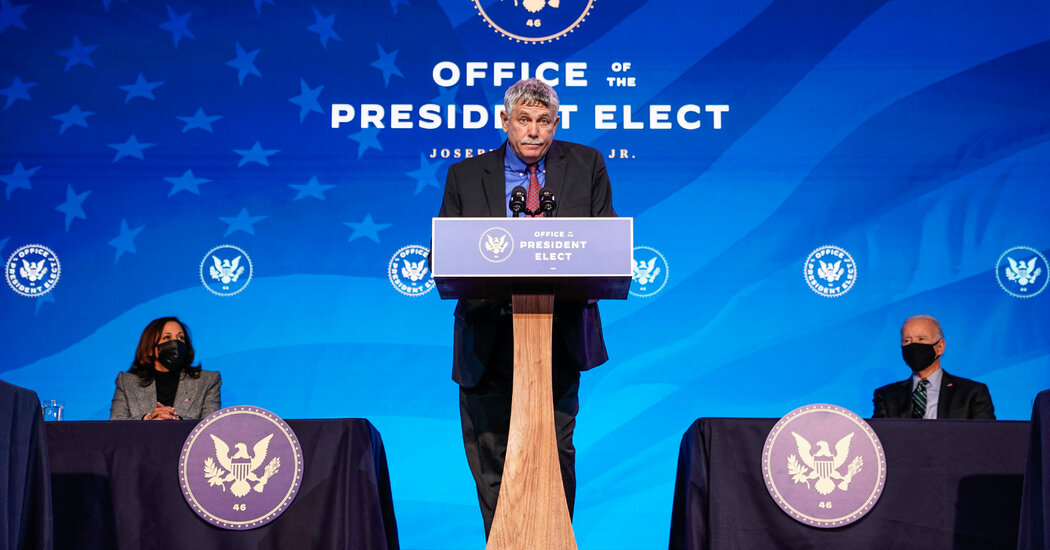
Senate, House of Representatives panels examine proposals for massive spending hike and new directorate.
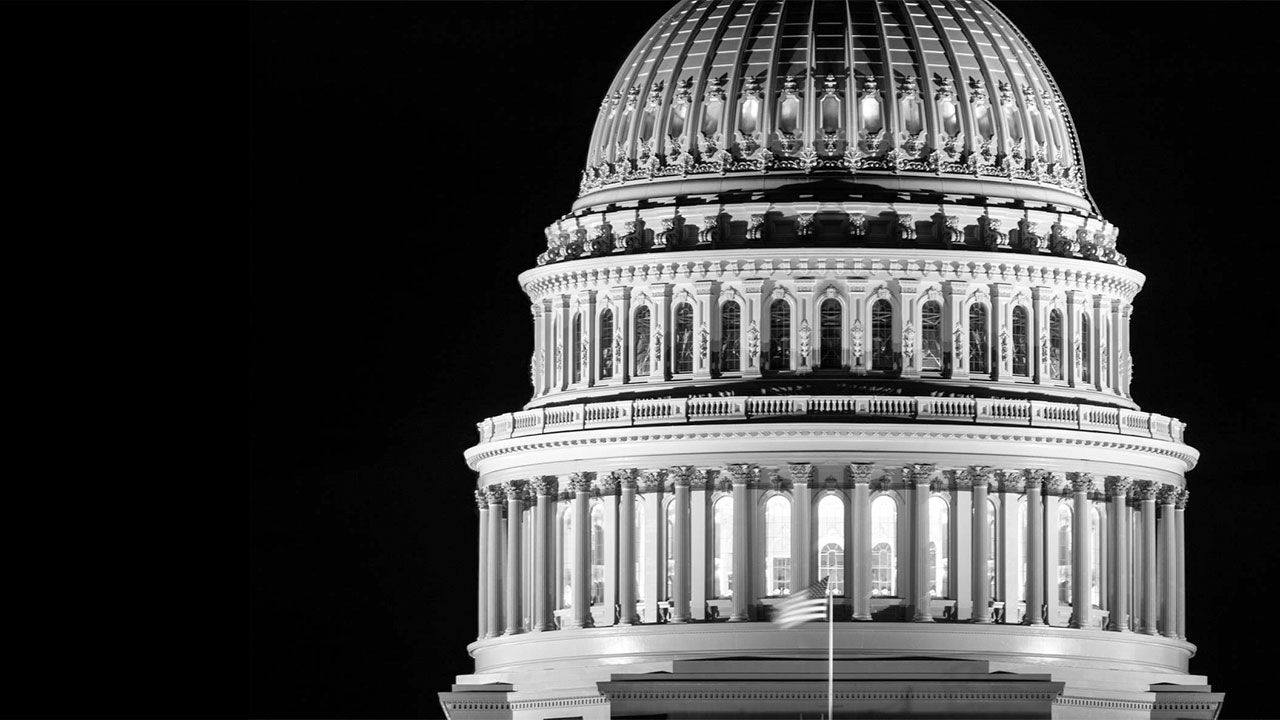
Florida is poised to pass a bill allowing students to record classes for personal use -- and to complain about professors who violate students' free expression.
Rejection of mainstream science and medicine has become a key feature of the political right in the U.S. and increasingly around the world

On March 4, 1969, the Union of Concerned Scientists held its first public event at MIT with the goal of disrupting teaching and research to give way to a different kind of teaching-reflecting on the misuse of scientific knowledge. It's relevance is continued.
